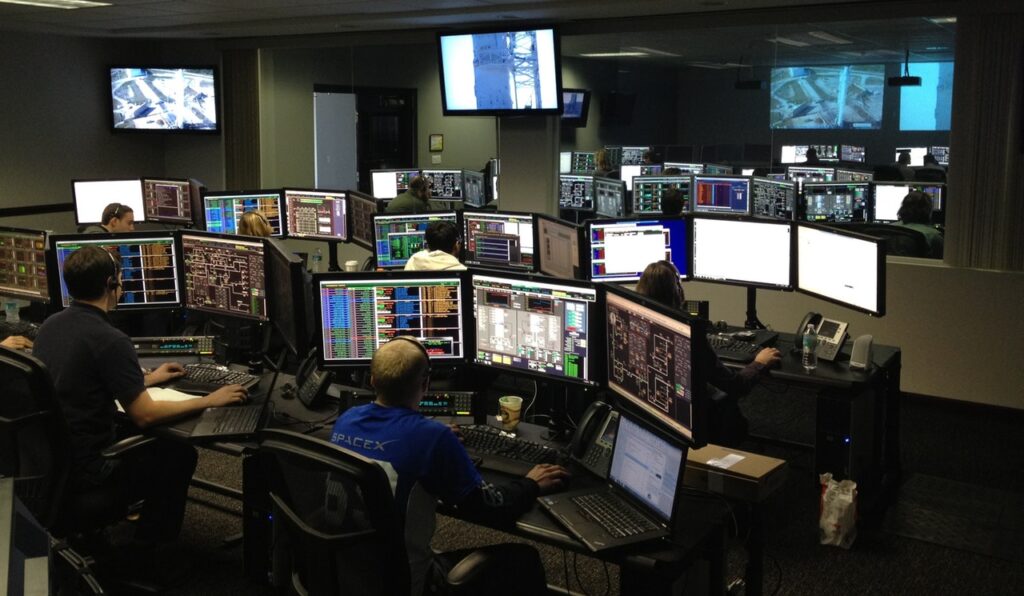This post is an excerpt from an article that first appeared here and is reproduced with permission from Clicktime
There’s little doubt that workplace competition can be both fun and motivating. It’s a well-needed diversion from the daily grind, and when done correctly, can get employees to stretch that much further to meet their goals.
Great, right? Well, sort of.
While intra-office competition – over sales goals, customer service, or any other metric – can be a useful tool to stimulate work effort, it can also produce a host of undesired consequences. Like alienation. Or anxiety. Or unhealthy stress. In fact, while some employers famously pattern their entire workplace as a kind of gladiator match, when implemented badly, competition can make employees less motivated and less engaged.
So, as an employer, how can you know the difference? How can you use competition to make employees feel more like magnificent athletes, and less like petrified wallflowers?
Put the Right People in Competition with One Another
In one interesting study, researchers showed that the fewer the number of people in a competition, the more motivated each competitor felt. (They called this the “N-effect”.) Turns out that competing against few near-equals makes you care that much more, while being pitted against too many others diminishes emotional investment.
So when creating competitions, make sure to match appropriately. New hires should be competing against one another, not savvy veterans. Don’t turn extremely competitive employees (you know who they are!) loose on their less competitive colleagues.
Even better, use competition as a team-building exercise: assemble employees into teams with equivalent mixes of strengths and weaknesses, and let them work together to reach a shared goal.
Remember That People Are Motivated by Challenges, Not Necessarily Rewards
While it might seem like some employees work simply to pay the bills, in fact what many people really value turns out to be the opportunity to do something meaningful. Competition should be a means to get your employees to work hard at something that matters, not to be paranoid about beating the people sitting around them.
So while you want to encourage winning, emphasize to employees that the point is to do good work, and to feel more fulfilled doing it.
Give Prizes to Everyone (but a Bigger Prize to the Winner)
Yes, I’m aware of the public debate over kids receiving trophies for everything. And yes, I too am worried that simply rewarding participation doesn’t necessarily teach children to deal with losing.
At the same time, giving prizes to everyone who participates in a workplace competition can still be a helpful approach. Why? Because as an employer, your goal isn’t to teach your employees how to manage disappointment – it’s to keep them engaged and motivated.
Yes, let the winners enjoy something truly special. But by giving a small prize to everyone who participates, you tell employees that you value their effort.
Encourage Hard Work, Not Sheer Competitiveness
Think of the adjectives you hope other people use when describing you. Now ask yourself: is “ruthless” on the list? “Cold-hearted?” “Highly competitive?”
Ok, maybe a few of you are nodding. For most of us, however, these aren’t the character traits we’re shooting for.
As an employer, you want your employees to give you their best effort. But making work into a gladiator competition tends to privilege those who work hard only because they’re competitive, not necessarily those who work hard for other reasons. And as an employer, you want to reward all hard work, regardless of where it comes from.
Let competition be one tool in your managerial arsenal. Use it to encourage employees, to make things more fun, to promote teamwork, and yes, to push teams to excel.
Turn employees into cannibal sharks ripping one another to shreds, however, and soon all you’ll see is body parts. And that’s guaranteed to motivate almost no one.
For more, check out the full article here.





